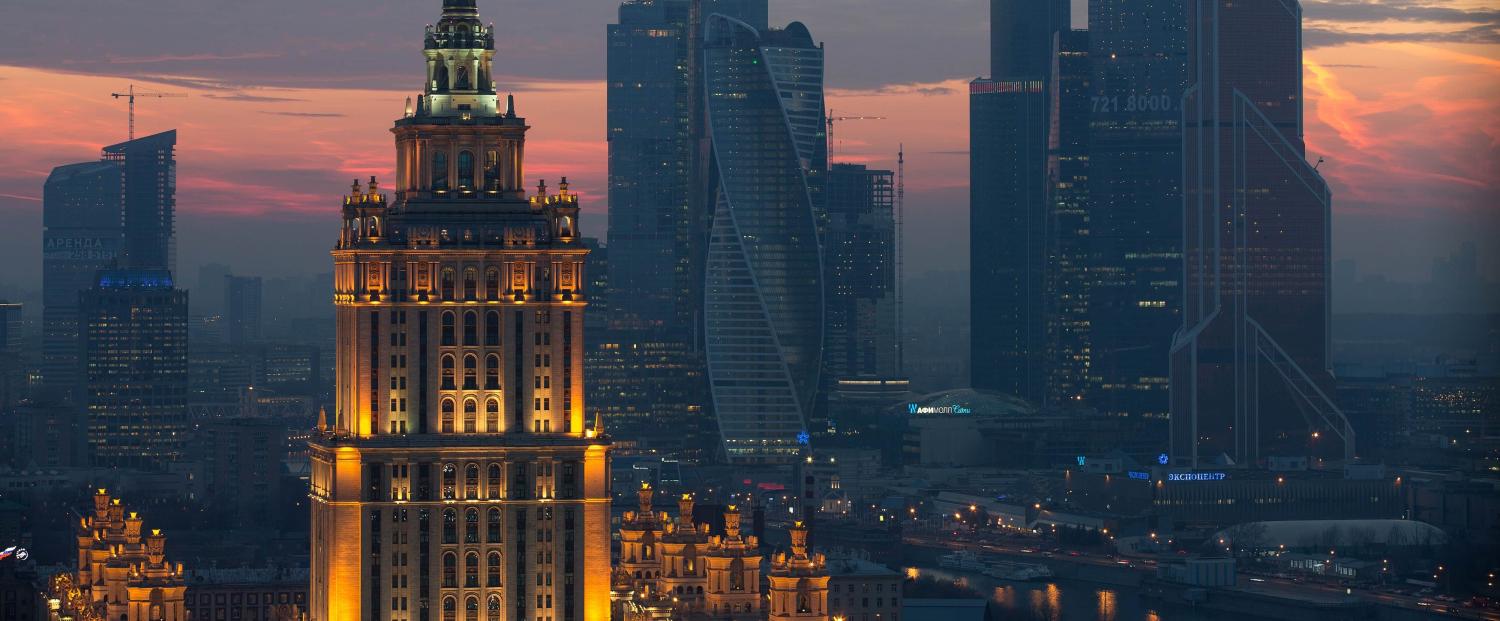Last week the Russian Presidential Academy of National Economy and Public Administration hosted a conference on the G20, BRICS and furthering international economic cooperation. In the same week, The Economist launched a ‘special report on Russia’ featuring a cover image of Vladimir Putin with red fighter jets reflected in his eyes. The report concludes that the West should continue to engage carefully with an unpredictable Russia.
There is a strange irony in discussing the benefits of economic cooperation in a country under sanctions for violating international law. But in many ways it was a fitting place to analyse the weaknesses in economic governance and the sidelining of economic reformers in various G20 countries (not only in emerging markets).
John Kirton from the University of Toronto reminded conference participants that the creation of the G20 as a leader-level forum took place as full effect of the global financial crisis was being felt around the world, a time of intense globalisation . In 2016, a narrative of ‘de-globalisation’ has taken hold in a world of low growth and declining trade and investment.
The German ambassador to Russia, speaking about Germany’s 2017 G20 presidency, made a point of emphasising his personal conviction that globalisation is a force for good. Germany may focus its presidency on economic resilience, but Angela Merkel will continue to be consumed by the regional challenges of irregular migration flows and threats to the cohesion of the European Union.
Meanwhile, it was a point of pride for several participants that the BRICS forum was ‘not dead yet’ but it was unclear how they thought BRICS cooperation would evolve. One Chinese academic mentioned the possibility of ‘institutional deepening’ when China hosts the forum of five next year. The Indian ambassador to Russia highlighted that the BRICS were promoting people-to-people links and even a football competition.
The G20 covers an extensive list of international issues but at least it has a clear mandate to promote economic growth and create jobs. Meanwhile, the 2016 BRICS summit covered agricultural research, diplomatic exchanges, regulations and customs, the possibility of a BRICS credit agency, terrorism, nuclear energy, infrastructure, and access to medicine. The biggest achievement of BRICS to date is the establishment of the New Development Bank; otherwise the BRICS mainly seem united in their desire for a less Westernised international system.
The conference covered technical areas where the G20 and/or BRICS could progress cooperation in the digital economy, trade, monetary system, tax, and infrastructure investment. But the Lowy Institute's Mike Callaghan warned that countries need to agree on the cause and the solution to a problem before they will seriously follow through on their international commitments. This was the case during the global financial crisis, when countries were forced to respond urgently.
Towards the end of one session, a frustrated international relations professor from a Russian university interjected that all the discussion had been focused on economics, when power and ideas matter much more. In the current climate, he might be right. The ideas that are gaining global traction do not bode well for international economic cooperation.
Photo: Getty Images/Bloomberg

